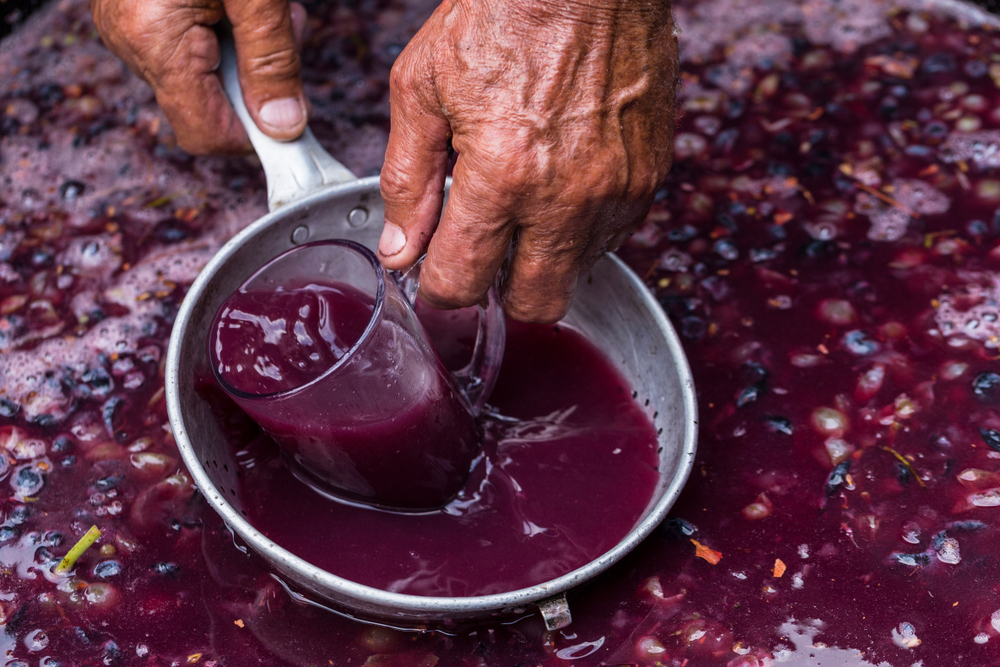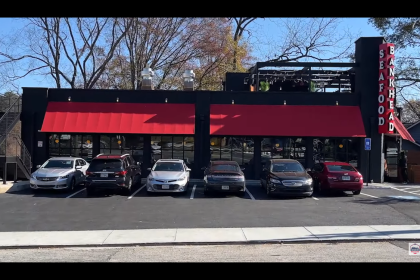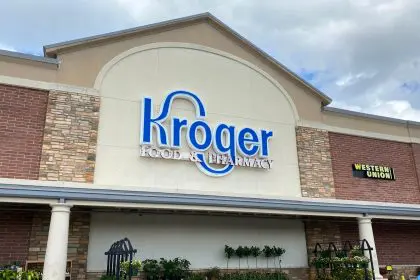In the competitive landscape of wine, beer, and spirits, Black entrepreneurs are carving out remarkable spaces that challenge industry norms and celebrate cultural diversity. Despite representing less than 1% of breweries and a mere 0.1% of winemakers nationwide, these visionary business owners are transforming the beverage industry through innovation, passion, and community connection.
Breaking Barriers in Beverage Production
The American drink industry has long been dominated by traditional players, but a new generation of Black-owned establishments is reimagining what it means to create, serve, and experience beverages. These businesses do more than pour drinks—they tell stories, build communities, and challenge systemic barriers that have historically limited minority representation.
Urban Craft and Community
In the heart of Manhattan, Harlem Hops stands as a testament to entrepreneurial spirit. This craft beer bar, founded by three college graduates, has become a beacon of inclusivity in New York’s competitive beverage scene. By prioritizing local and independent breweries, especially those owned by Black entrepreneurs, the establishment creates a platform for underrepresented voices.
Winemaking Pioneers
Napa Valley, traditionally associated with established wine dynasties, has witnessed the emergence of groundbreaking Black-owned wineries. Brown Estate, established in 1996, represents a pivotal moment in California’s wine history. As the region’s first Black-owned estate winery, it has consistently produced exceptional Zinfandels and challenged industry narratives.
Regional Diversity
From Oregon to North Carolina, Black-owned beverage businesses exemplify an impressive range of geographical locations and stylistic diversity, each contributing its unique flavor to the industry. Abbey Creek Vineyard in North Plains seamlessly blends Hip Hop culture with winemaking, creating an innovative fusion that resonates with a younger, more diverse audience. Meanwhile, Seven Springs Farm and Vineyard in Norlina specializes in the cultivation of muscadine grapes, a distinct regional varietal, showcasing the deep-rooted agricultural traditions of the South. These businesses reflect the diverse entrepreneurial approaches and creativity within the Black community, each establishing a footprint that is both culturally rich and economically impactful, further diversifying the landscape of the beverage industry.
Innovative Spaces and Experiences
These businesses transcend traditional beverage service, creating multifaceted experiences that engage community and culture. Two Locals Brewing in Philadelphia doesn’t just serve craft beer—it offers a cultural celebration through food, events, and heritage-inspired brewing.
Inclusive Destinations
Washington D.C.’s Thurst Lounge represents more than a bar—it’s a groundbreaking LGBTQIA+ space that prioritizes representation and community building. Similarly, House of Pure Vin in Detroit transforms wine consumption into an educational and cultural experience through carefully curated selections and engaging events.
Economic and Cultural Impact
Supporting Black-owned wineries, breweries, and bars goes beyond just being a consumer choice—it’s an intentional investment in diversity and economic empowerment. When consumers choose to patronize these establishments, they are actively contributing to a more inclusive and equitable industry. This helps create a marketplace where diverse talents, perspectives, and stories are recognized, celebrated, and elevated. By directing resources toward these businesses, individuals foster a sense of community while promoting economic growth within marginalized groups. This collective support ultimately strengthens the broader industry, making it more representative and accessible for all.
Women and Minority Leadership
Businesses like LaShellé Wines in Washington highlight the intersection of Black and female entrepreneurship. These ventures not only produce exceptional beverages but also challenge multiple layers of industry exclusion.
Looking Forward
As consumer awareness grows and support increases, Black-owned beverage businesses are poised to transform industry standards. From Houston’s For The Culture Brewing to Diamond Farm Winery in Virginia, these establishments represent a dynamic and evolving narrative of American drink culture.
The journey is far from complete, but each glass served represents progress—a toast to diversity, excellence, and the ongoing transformation of an industry once defined by narrow representations.
















